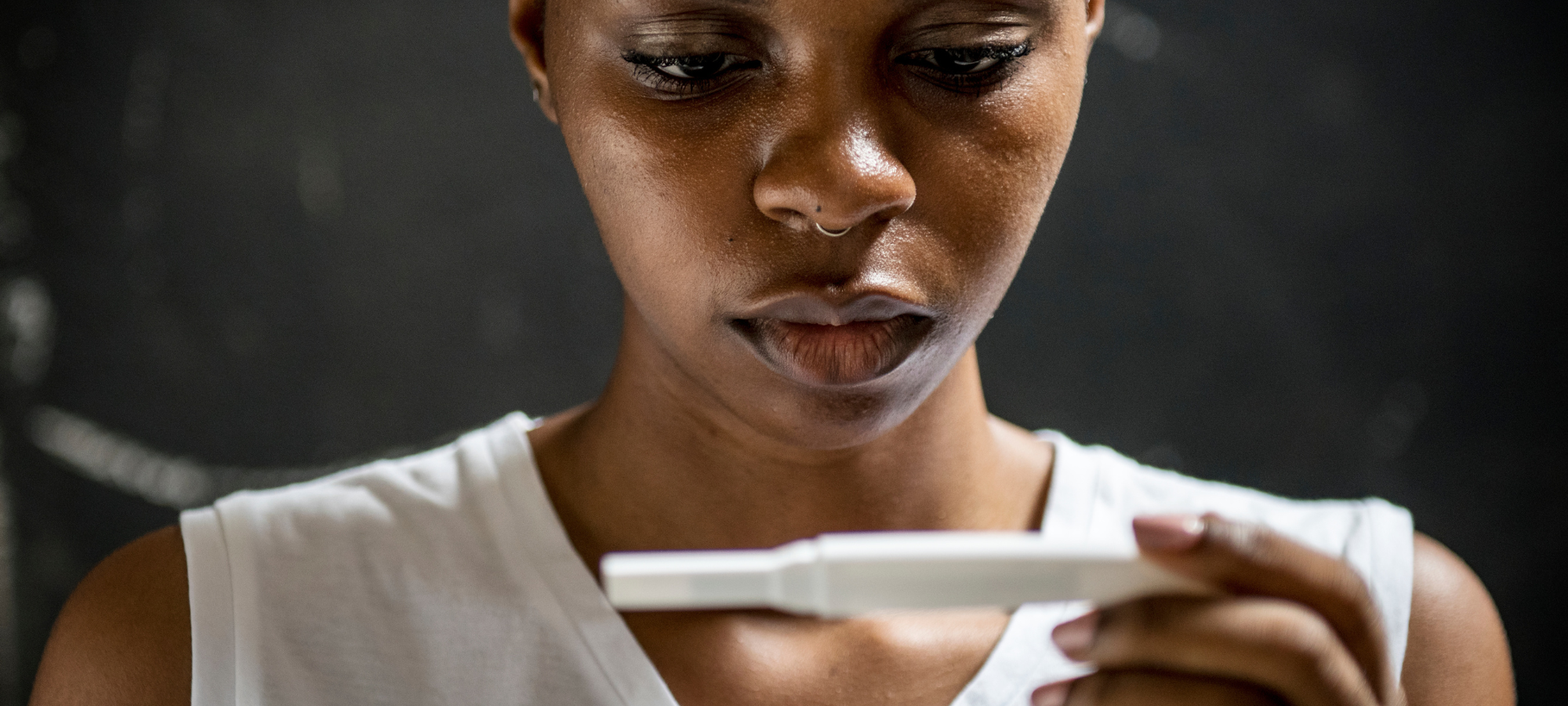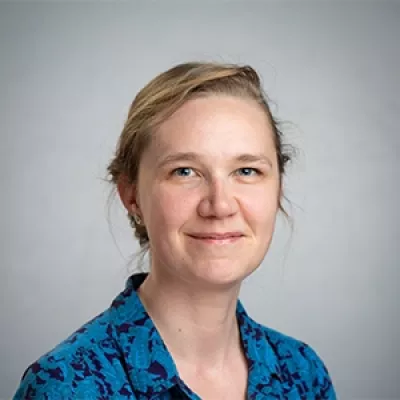The Money in Motherhood: Selling Intimate Data in Fertility and Pregnancy Apps

Information is power, and it’s being sold with consent. But should it?
Fertility and pregnancy tracking apps are revolutionising experiences of reproductive health with some apps claiming over 100 million downloads worldwide. But these apps know more than just the details of when a person is ovulating, starting their period, or at what stage a pregnancy is at. They can suggest when the best time might be to start a new project, when testosterone in their cycle will make them feel stronger, or when oestrogen will make them a better conversationalist. It will remind them that today they may feel tired, or moody or susceptible to influence. They may know the precise time they are more likely to buy something impulsively.
It might feel like these apps know us better than we know ourselves.
Fertility and pregnancy apps have information that is personal and sensitive. The huge popularity of these apps has brought data privacy concerns into focus as global reproductive politics shift. The overturning of Roe v. Wade in the US heightened fears about how such intimate data could be used, for instance, to infer an abortion. This has led to new investigations and public debates about the privacy protections of these apps.
Up for sale
Dr Josie Hamper’s paper ‘Babies are a massive money spinner’: Data, reproductive labour and the commodification of pre-motherhood in fertility and pregnancy apps," explores how fertility and pregnancy apps have commercialised the journey to motherhood. These apps normalise the commodification of pre-motherhood and reinforce the intense consumption culture around being perfectly prepared for a baby, sometimes taking advantage of anxieties around fertility and the insecurities of parents-to-be.
Josie said: “Through my research, I want to show how these apps aren't just about health; they drive a consumer culture around pre-motherhood. By inundating users with targeted shopping recommendations and planning tools, they create expectations and an environment where intensive preparation for motherhood becomes the norm."
Through these apps, women are being handed insights and information about themselves and their bodies that they have never had before. Information that helps them to manage their everyday lives, expectations and health. The research found that users of these apps often perceive the sharing of their intimate data as a form of payment for the valuable insights provided by free apps. This means that they generally accept that their data will be used for targeted advertising or sold to third parties to make these apps profitable.
Josie explains, that “while much has been said about the potential risks and pitfalls of sharing intimate data with these apps, we need to pay close attention to how the users of these apps actually handle their data, what they think is happening to their data and how they feel about it. Understanding these everyday digital practices is key to improving data literacy and creating better privacy protections for users.”
For more about Josie’s research, visit:
Fertility and pregnancy tracking apps, popular with millions worldwide, collect sensitive data on users, raising privacy concerns, especially after Roe v. Wade's reversal. Dr. Josie Hamper's research highlights how these apps commercialise pre-motherhood, driving consumer culture. Users often trade their intimate data for insights, accepting targeted ads and data sales as a norm.





